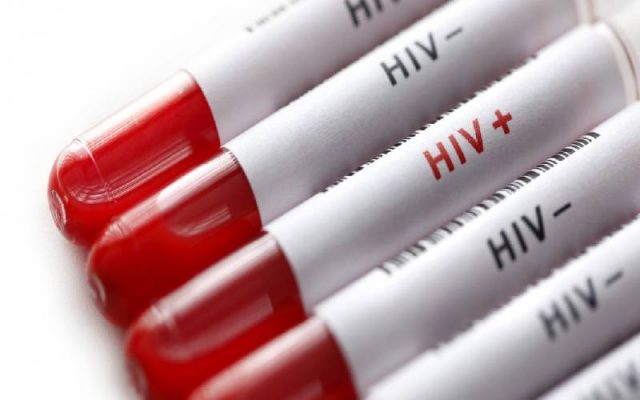
Women of reproductive age might have to use a drug previously feared to cause deformities in unborn children as their preferred HIV treatment option. World Health Organization (WHO) has recommended Dolutegravir (DTG) as the first-line treatment option, based on its efficacy, tolerability and a high genetic barrier to resistance and is now updating its HIV therapy guidelines.
Using a mathematical model WHO compared the benefits and harm of two HIV drugs namely DTG and Efavirenz. Their values and preferences of people with HIV as well as factors related to the implementation of HIV programs in different countries and cost and DTG emerged as the preferred option.
Fears about the risk of defects in the brain, spine or spinal cord being higher for babies of women on DTG, saw the country halt plans to make DTG-based regimens the preferred first-line therapy. Kenya’s Health Ministry ordered hospitals to stop prescribing the drug to those who tested positive for HIV and that pregnant and lactating mothers who had already been prescribed DTG to continue using it until they stopped breastfeeding.
During the WHO conference, a new drug, islatravir, and an implant developed by the drug company Merck prompted interest as the potential and the method of releasing it could solve a long-standing problem for people who have trouble with other methods of blocking HIV.
While at it, Janssen Pharmaceutical Companies, in a separate study, announced progress in broadening the response produced by a vaccine for a wide range of HIV strains circulating throughout the world. The study tested a four-vaccine regimen on 152 healthy adults in Kenya, Rwanda and the US and it appeared to have a long-lasting effect.
